Weeaboos vs. Japanophiles

There are tons of people that are really interested in Japan and the Japanese culture. They had plenty of reasons as to why they're really interested in Japan.
However, since we live in a world where we have to label everything and anyone (while most labels are not really nice to hear...), it's mostly obvious there will be some labels that deal with non-Japanese people that are interested in Japanese culture.
While a majority of Japan lovers are from Western countries, the Western society would create two of the most common labels for Japan lovers: weeaboos and Japanophiles.
While for a lot of people both the labels look degrading, in reality, one of them is actually is more degrading than the other, and they're completely different when you think about it.
However, it bears the question for some people. What is a weeaboo? What is a Japanophile? And how weeaboos and Japanophiles are completely different from one another?
I will be glad to explain the meaning of the "labels" and how are they different from each other.
Weeaboos
Weeaboos has been around the Japanese community for a decade now (almost two decades).
If you don't know what a weeaboo is, the best definition of a weeaboo is "a non-Japanese person who is obsessed with Japanese culture and behaves in a stereotypically Japanese manner."
They would mostly do the stereotypical Japanese manner from Japanese anime and/or Japanese manga series.
While in honesty, the definition was mostly labeled to Caucasian people, all races can be considered a weeaboo if they're not Japanese or even half-Japanese.
The most common signs of someone is being a weeaboo is:
- Combining Japanese with everyday conversation incorrectly or excessively or both. Using such common Japanese words like kawaii, kakkoii, desu, nani? and arigatou. Some of them even say arigatou wrong...(;¬_¬)
- Correcting people about Japanese culture... but got it completely wrong themselves.
- Talking down other cultures that are not Japanese, including their home country.
- Dreaming about moving to Japan... but not going to try to adapt or assimilate to Japanese culture and customs.
- Being bored of actual Japanese literature (haiku), art, and/or history
- Only be interested in Japanese pop culture and their notable foods such as sushi and ramen noodles
- Claiming they are Japanese by reading manga books, watching anime, eating ramen noodles and/or sushi, and only knowing an extremely small amount of the Japanese language.
- Having a Japanese name from an anime or manga series
And the list continues.
Weeaboos are not really into the entire culture by itself.
It's more of they're interested in pop cultures such as anime, manga, Japanese video games (like Nintendo), J-Pop (AKB48), and the tacky fashion they would mostly see in anime shows.
They're not really keen to be interested I the other aspects of Japan such as learning about the tea ceremonies, the names and histories of Japanese castles, and how did the atomic bombing of Hiroshima and Nagasaki affect the Japanese people and the country as a whole (which they should at least know some things about it because everyone learns from it in their history class).
No, they're more into the next anime series they want to watch or the next manga series they want to read even though they would predictably choose either the dubbed and the subbed versions since they don't know what the characters are saying in raw Japanese and they would understand it a lot better if the subtitles are on.
A known Japanese Youtuber named The Japanese Man Yuta (or Japanese Man Yuta) interviewed a handful of Japanese people and asked them what is a weeaboo and what's their reaction of weeaboos. Almost all of them said it's great for them to be interested in Japan even if it's pop culture.
While it's never a bad thing to be interested in Japan, and it's great the Japanese people are touched that foreigners are interested in their culture.
However, it's more of weeaboos are mostly ignorant about the entire culture and would use pop media to learn about the false depiction about Japan and the Japanese people.
When they were watching anime (or Japanese drama) that deals with daily life such as school and family, they would blindly depict that all Japanese people would act and think like that. A perfect example of their "perspective on Japan" is with Japanese anime that deals with school life.
Weeaboos would mostly say in Japan, Japanese students would interact with each other on the roof of a school building (to confess their love for example), school's student council are super powerful in school and can change everything, Japanese students can live by themselves at a really young age (in middle school or high school), all Japanese people are good-looking, and overall school life in Japan seemed wonderful and filled with unicorns pooping out rainbows and butterflies.
Well... those depictions are completely false, and it'll be explained with the reality of Japanese schools.
- In anime, students can interact on the rooftops of their school. In reality, students are forbidden to go even near the rooftops. There are two valid reasons for their forbiddance. The first reason is since Japan has one of the highest suicide rates in the world, it's a simple logical reason as to why they're not letting students go into the rooftops. So they won't have to jump off the roof, kill themselves, and tons of trouble having to deal with the family and the school. The second reason is more of a common-sense reason. What school would let their students go into the rooftops for whatever reason? So, teachers and staff around the country would lock the door to the rooftop so that students wouldn't be able to access it.
- School's student councils are depicted as almost Gods in their schools, but in reality, they barely had any power whatsoever. That means no changes in the school rules, no overpowering the school system, nothing. Students would mostly be in the student council because it would look good on their resumes for universities and job hunting. It's extremely doubtful they could change even one thing in their schools.
- In anime, Japanese students can have the shocking opportunity to live by themselves in an apartment without any adult supervision. It almost never happens in reality... It was mainly depicted in Japanese anime and drama series but it does show up in Korean dramas as well. Like American students, Japanese students can't actually live by themselves and attend school at the same time. Unless it deals with attending a boarding school or a dormitory at a university or something like that, then they have to live with their parents until they reach a certain age and income to live by themselves.
- Anime always show that all Japanese students are good-looking. In reality, the chances of finding all Japanese people good-looking are extremely slim to nearly impossible. Since high schoolers are still in their puberty years (the awkward stages of the growth of their bodies and minds) and every single person's bodies are completely different from one another, it's nearly impossible for every Japanese student to be cute and handsome. Unless it's a modeling school, then it can be a decent possibility for everyone to be good-looking.
- Finally, anime shows that Japanese school life is peaceful and nice. In reality, it's not even close to being peachy a lot of times. Like other schools from around the world, Japanese schools do have a dark side in them. The best example of the dark side of Japanese schools is the alarming rate of bullying or ijime. While yeah, there are some anime series that does show ijime and how it could affect the mentality of a character, however, it's a rare case of Japanese students fighting back or standing up against their bullies, unlike characters that did fight back in the shows. In Japan, the person that was being bullied is not only being shunned by the bullies but even the entire classroom would shun the bullied student. Not even the teachers would help the student out. To make matters worse, it's more of the teacher just blames the student since it's more of it's not the bullies fault for hurting the student physically and mentally, it's his/her fault for going against social norms type of thing. And the bullying is a wake-up call for them to not go against social norms.
So yeah... anime is not always right about some things, and not always peaceful and magical as it seems in real life.
It's basically weeaboos cannot depict the difference between fantasy and reality and would keep the fantasy world of Japan as their reality.
Weeaboos would have a narrow mindset about Japan in general by the stuff they're exposed to, and they act immature and obnoxious.
It's why they're mostly looked down in Western society because of their fantasy mindset being stuck in their minds.
While it is never a bad thing to love Japan, it's a concerning thing to not see the reality of Japan.
Japanophiles
Japanophiles are defined as someone who loves and admires Japan, often to the point of favoring Japan or Japanese culture over another nation.
However, that definition is not really great...
It's mostly defined as a person who loves and appreciates Japanese culture.
The perfect example of a Japanophile is Lafcadio Hearn (Japanese name is Koizumi Yakumo), a Greek-Irish author that emigrated to Japan and writes about Japanese urban legends and ghost stories.
Japanophiles are mostly people that have different interests about Japan that doesn't really deal with the pop culture per se. For example, there are foreigners that are interested in Japanese tea ceremonies, the national soccer team, teaching Japanese kids English, and lots of other subcultures. They would know some things about Japanese history as what's it like being in Imperial Japan during WWII.
Japanophiles are not really experts in Japan and the Japanese culture but they are knowledgeable about the country and its society. They can find ways to make Japan interesting and appealing to people that don't really know about Japan.
Plus, there are times that Japanophiles learned the Japanese language. Not just the common Japanese words from pop culture...
While most are not really fluent in the language, but they can speak it really well to express themselves to other Japanese people or foreigners learning Japanese like them.
Yeah, the Japanese language is known as one of the hardest languages in the world, but Japanophiles and their passion would help them push themselves into learning and adaption into a different language that's completely different from their mother tongue, especially for Westerners.
What's the difference between Weeaboos and Japanophiles?
Now since I am finished describing the two labels of Japan lovers, the big question still lingers: what's the difference between weeaboos and Japanophiles?
The obvious difference between a weeaboo and a Japanophile is that Japanophiles are more into the other subcultures of Japan and the history whereas weeaboos are only into the pop culture and block out anything else.
Weeaboos tend to have a false depiction of Japan as a holy land to go and explore, but Japanophiles would love the country but have a realistic point-of-view for Japan as a whole.
For weeaboos, they would mostly say that Japan does not have any problems whatsoever and everything is nice and peaceful in the Land of the Rising Sun.
Whereas Japanophiles would love Japan but knows that Japan is like a human being.
It does make mistakes in the past (and even now) and it does have flaws but is overall unique like the rest of the world.
Wait a minute, I thought it's a weeaboo thing for a non-Japanese person to have a Japanese name?
Well, yes and no. While it can be considered a weeaboo type of thing, there's an exception to non-Japanese people having a Japanese name.
The biggest exception is as long as you can understand the reality of Japan (their problems and the myths the Western media portrays Japan, etc.) and can understand the country, the culture, the Japanese people, and the history, then it's not really bad to have a Japanese nickname (or an actual Japanese name if they're planning to stay in Japan).
Sadly, because of the "glorifying" of weeaboos in social media, Japanophiles are falsely being described as weeaboos even though they are more knowledgeable about the culture and the country, and they don't have fantasy expectations of Japanese anime and drama.
If there was a social experiment of both a weeaboo and a Japanophile going to Japan for an entire month, 99.9% of the time Japanophiles would adapt to the culture a lot easier and quicker than the weeaboo since they have more knowledge in other aspects of Japan, can adapt to culture shock a lot better.
For the weeaboo... (^^') Good luck...
Sources
Anime In Real Life Japan: Fantasy vs. Reality
Anime Vs. Real Life: Japanese School Life
Is Real Japanese School Life Similar to That in Anime?
Japanese Students Reveal Differences Between Anime High School and Real Life
4 ways Anime High Schools differ to real-life Japanese schools
Japanese React to 'Weeaboo Cringe Compilation' (Japanese Man Yuta)
What Japanese Think of Weeaboos (Japanese Man Yuta)










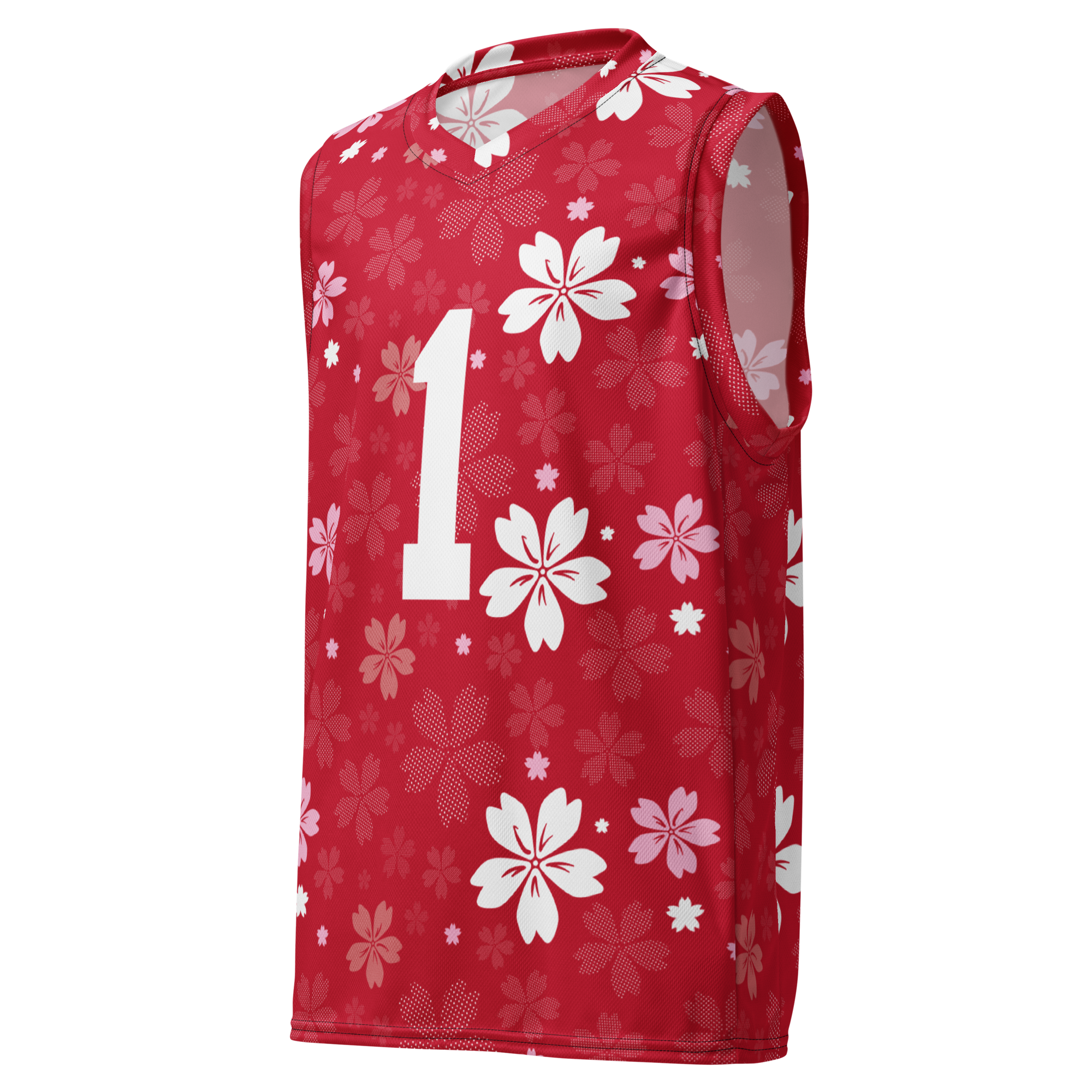
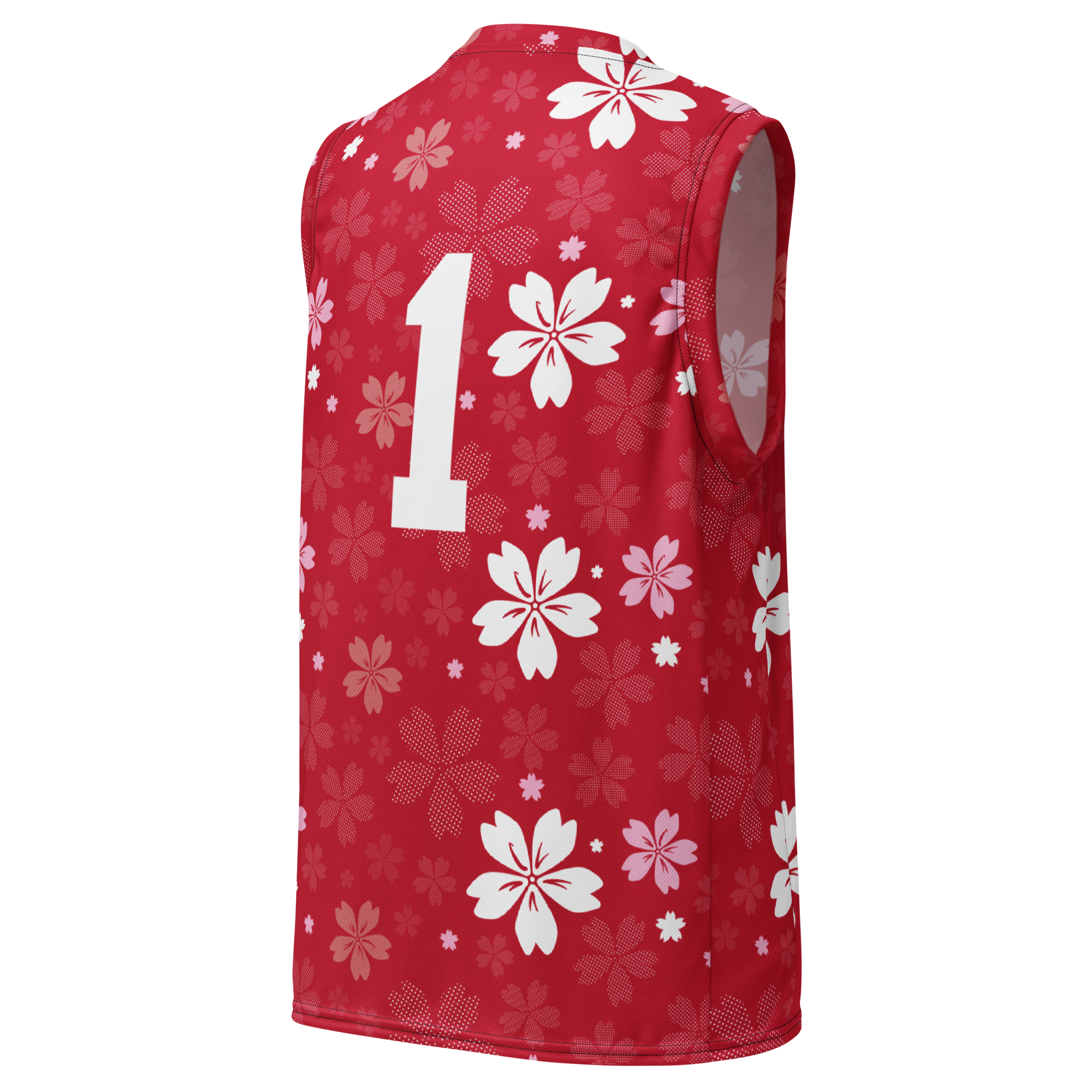
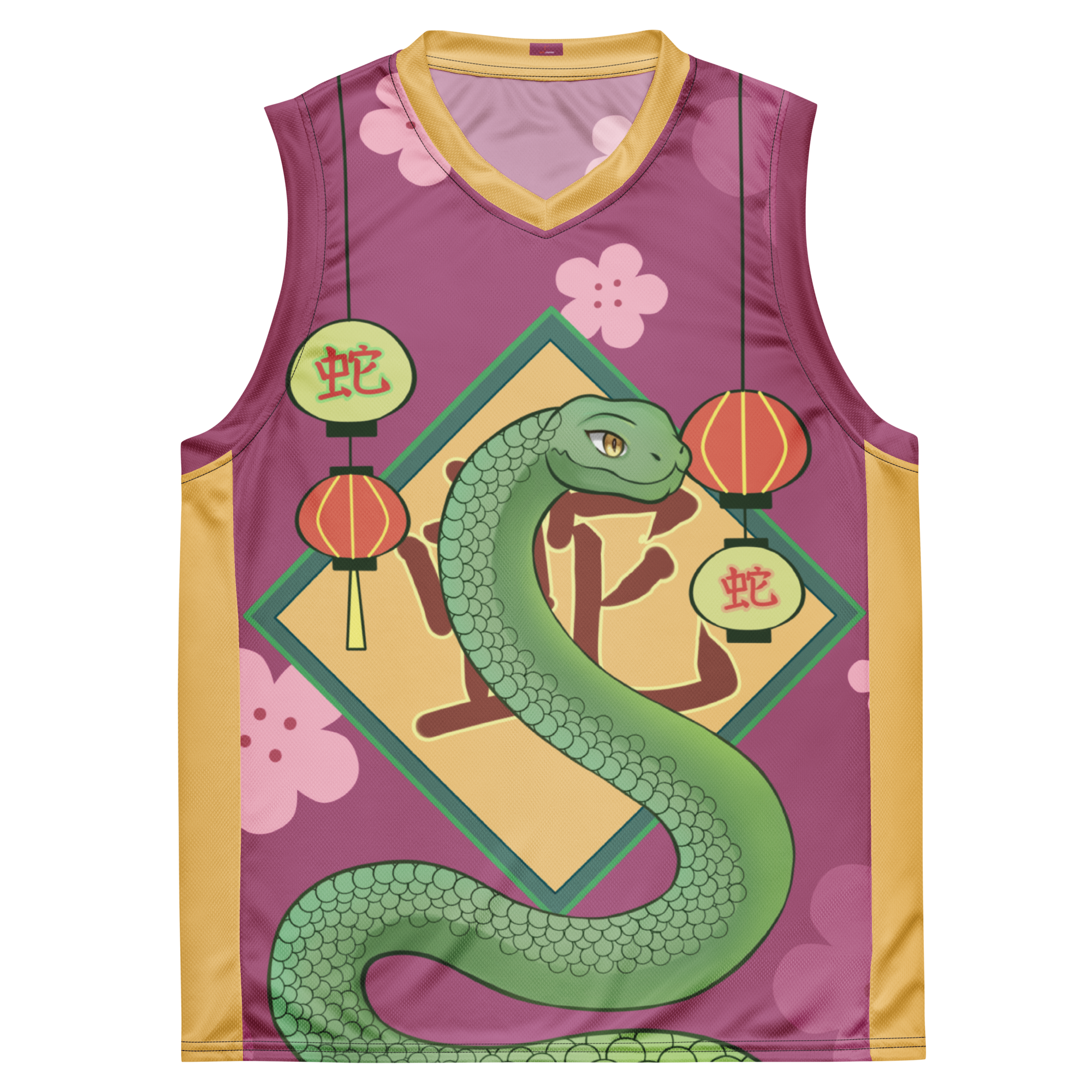
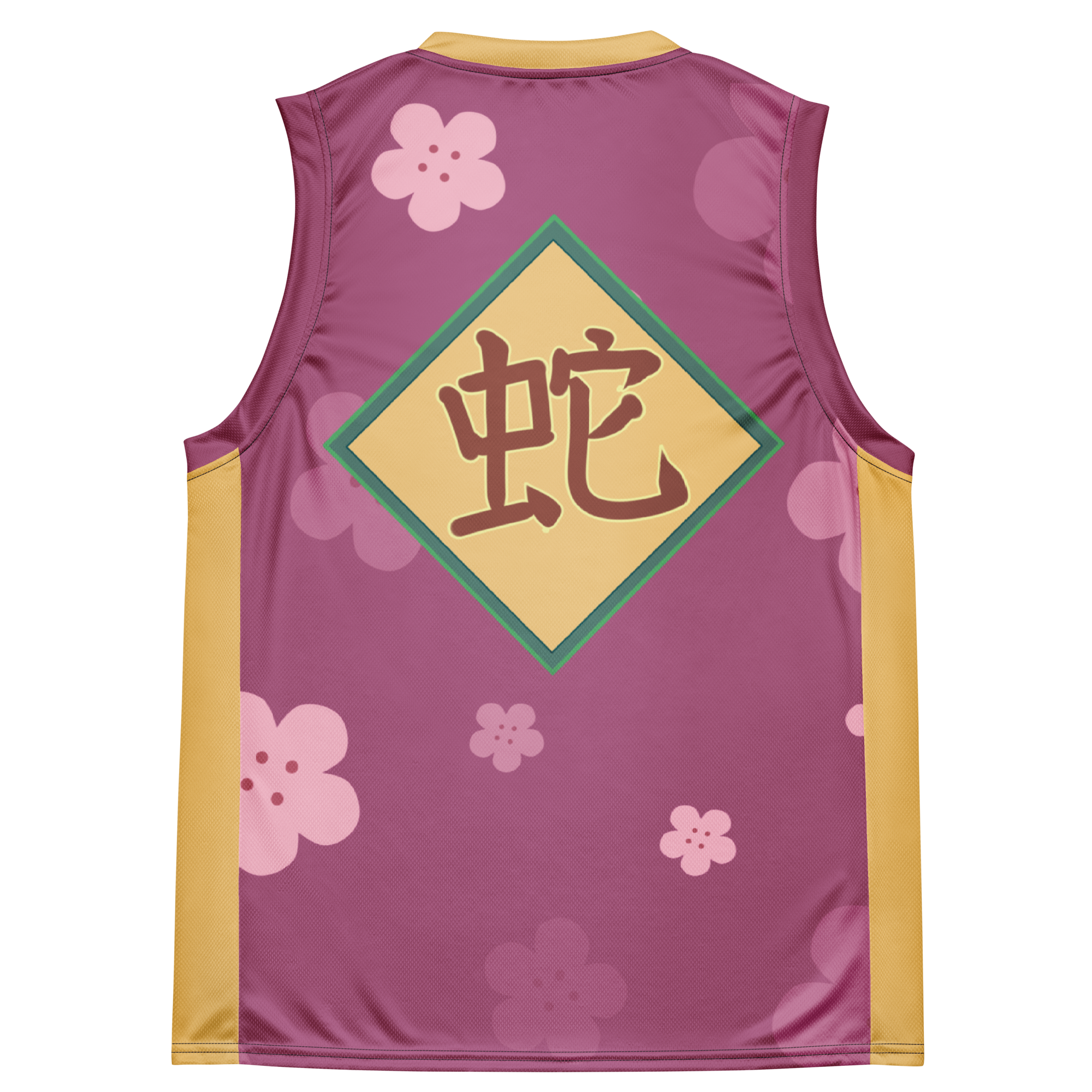
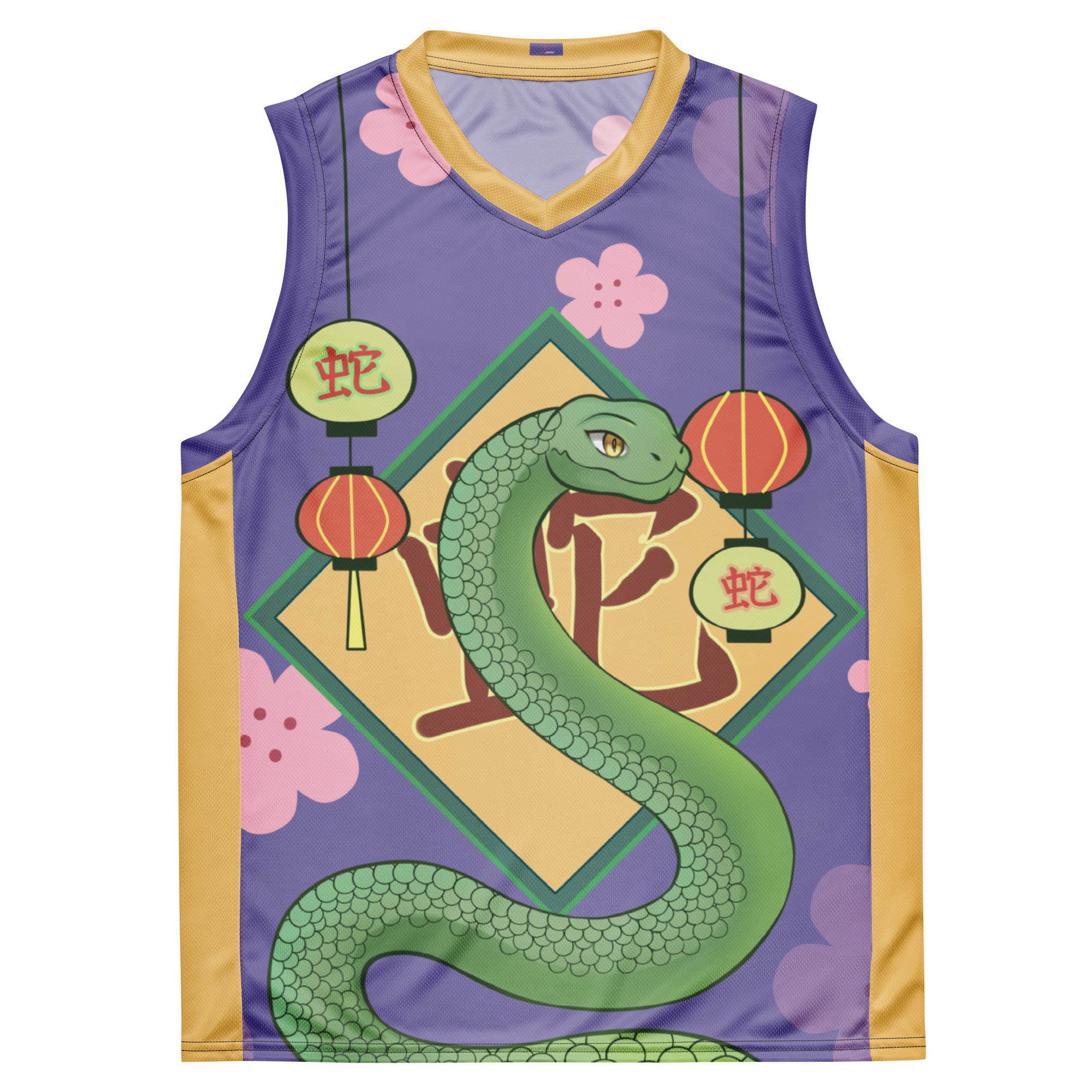
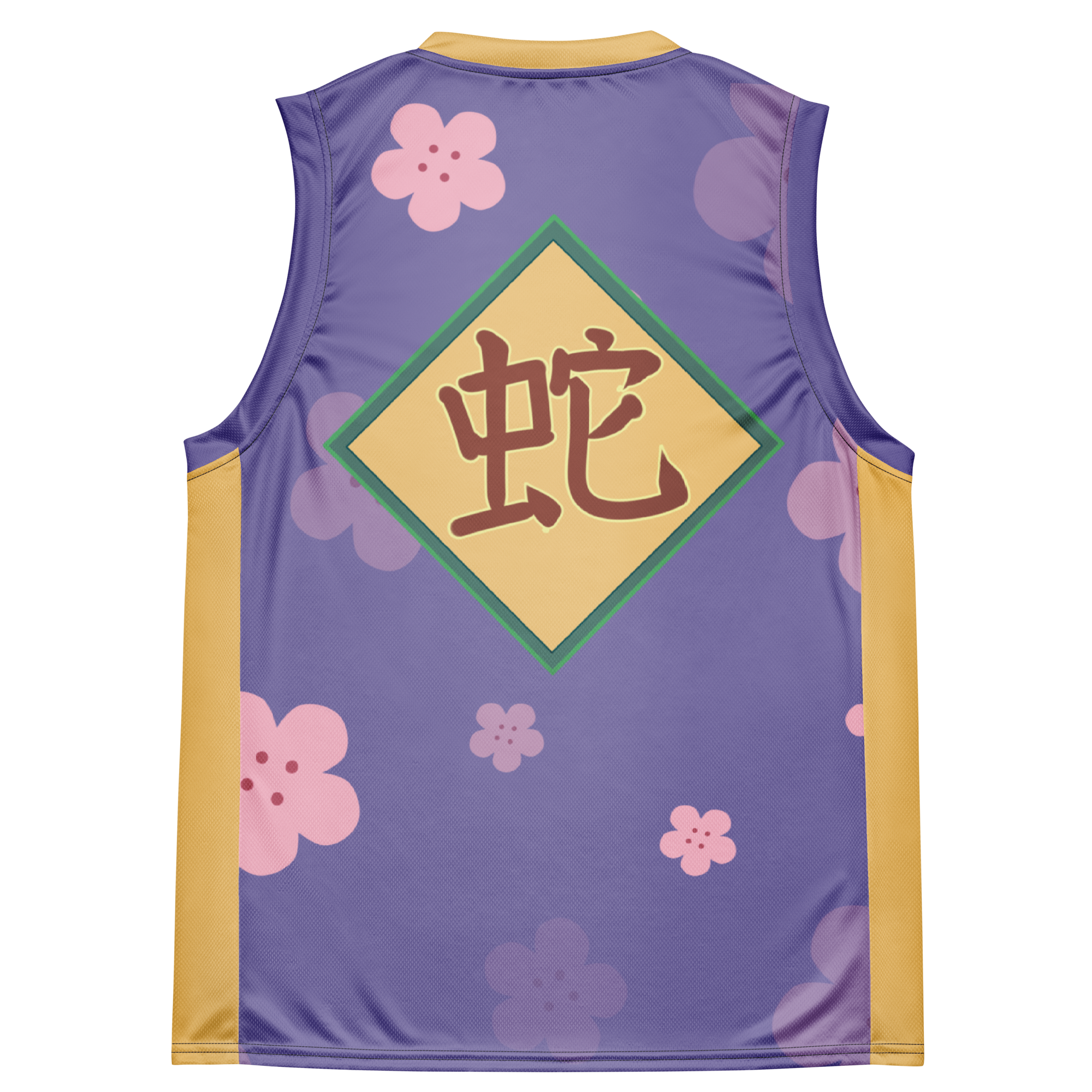
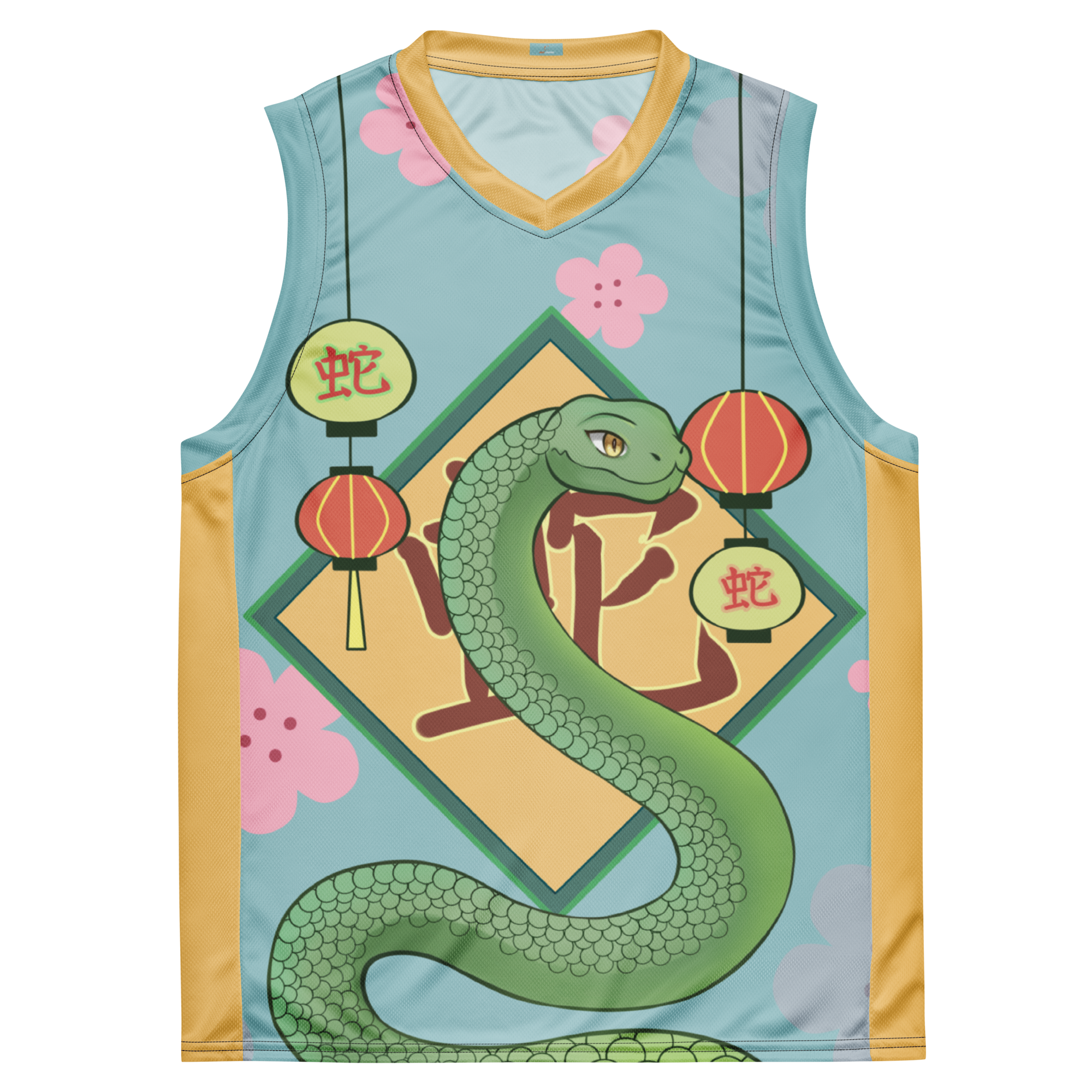
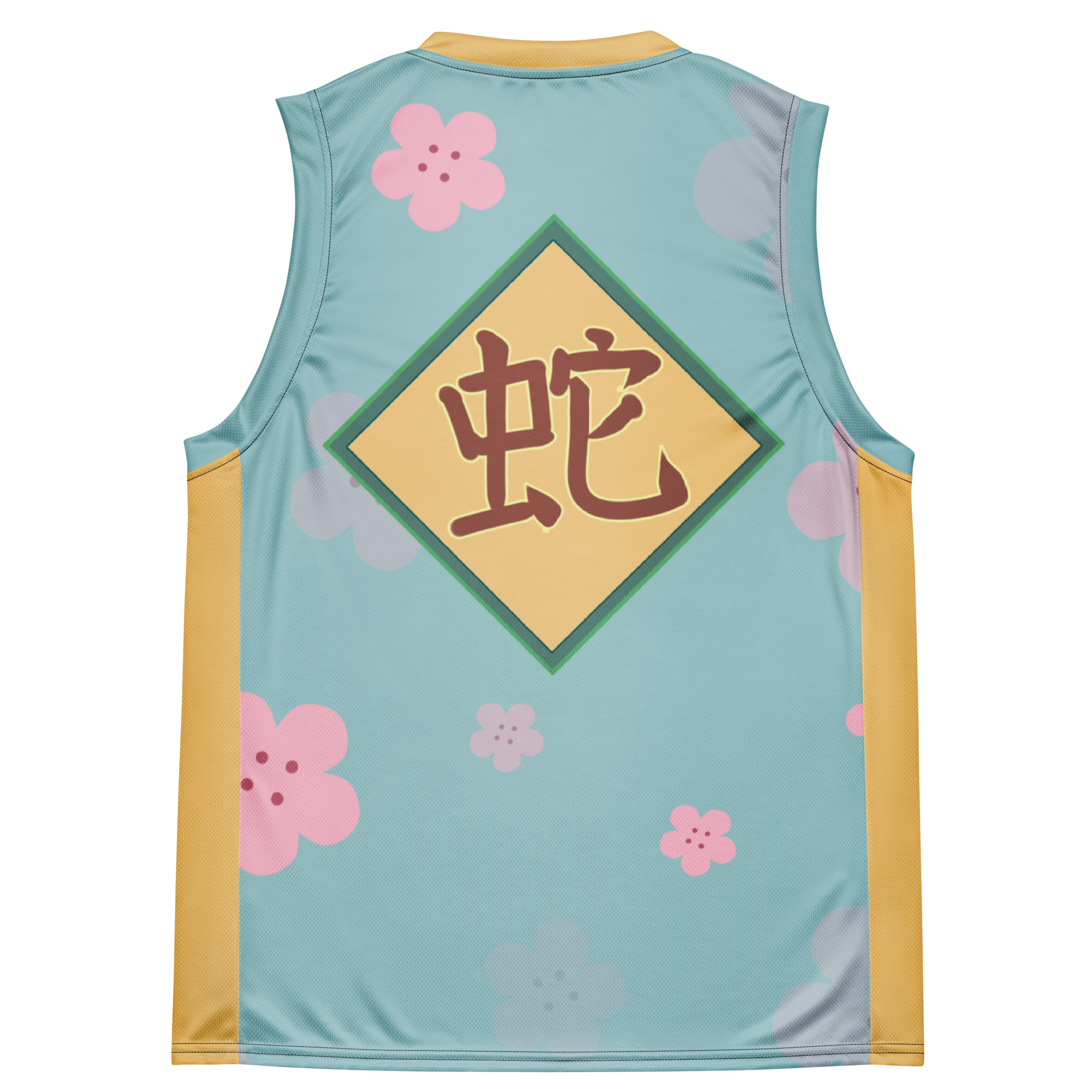
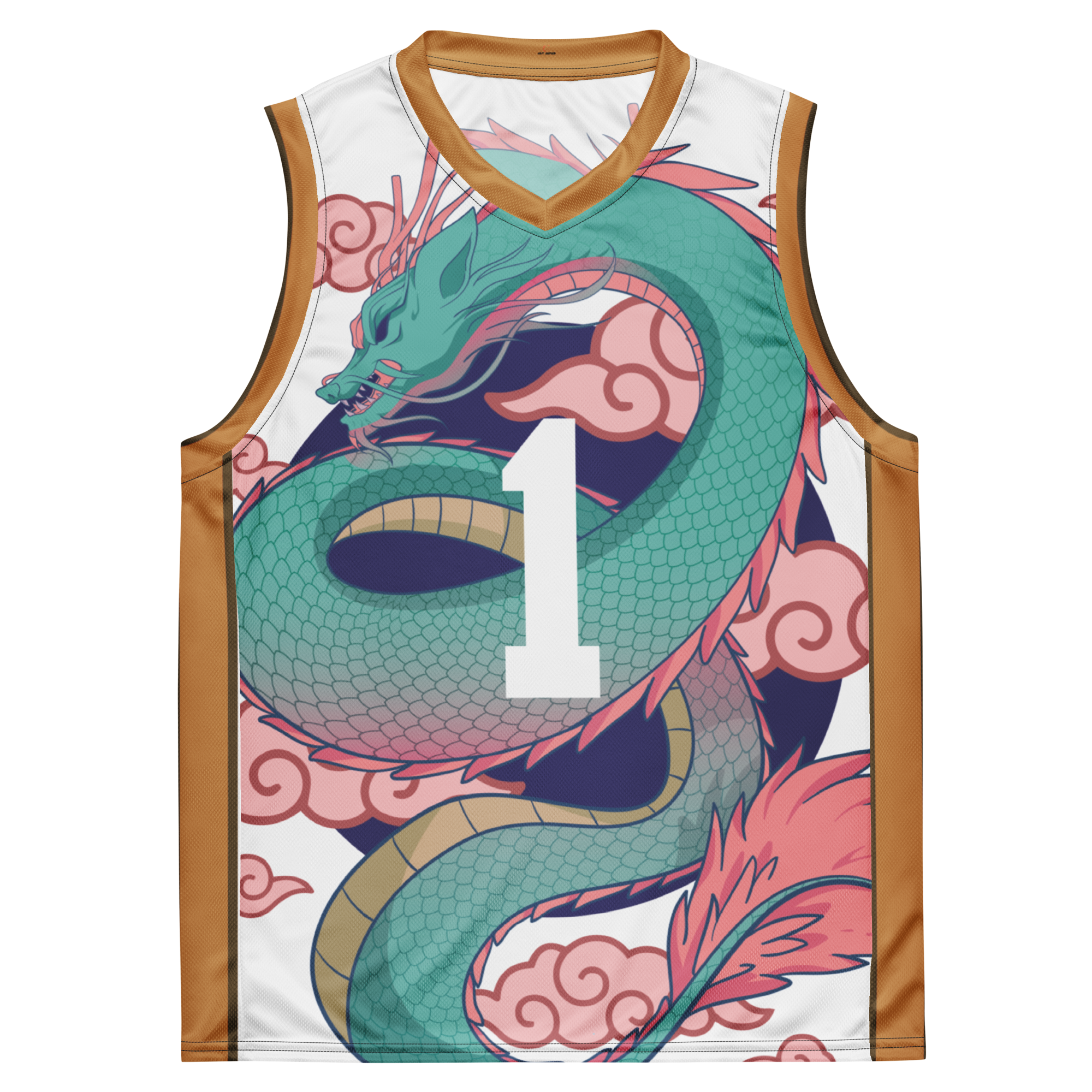
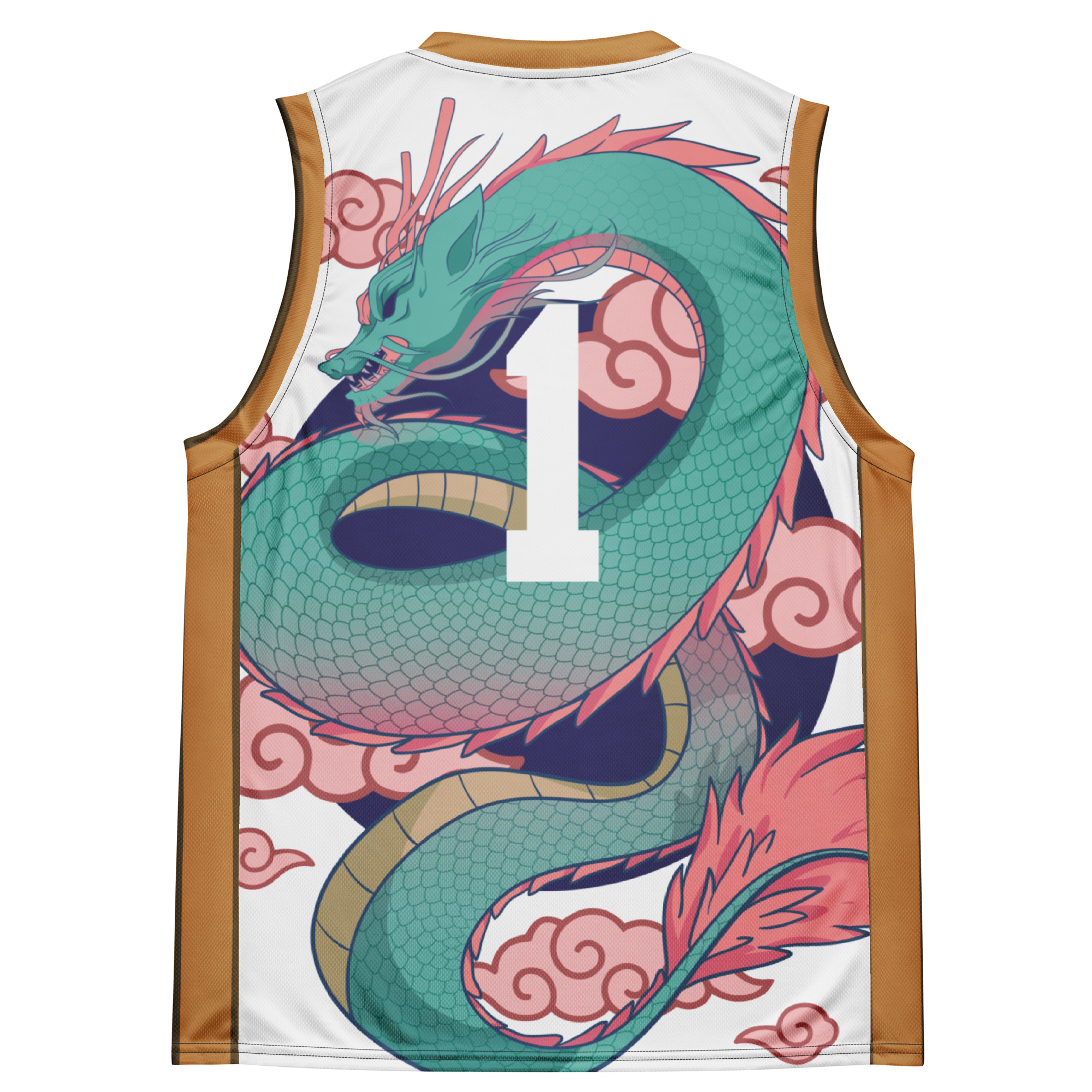
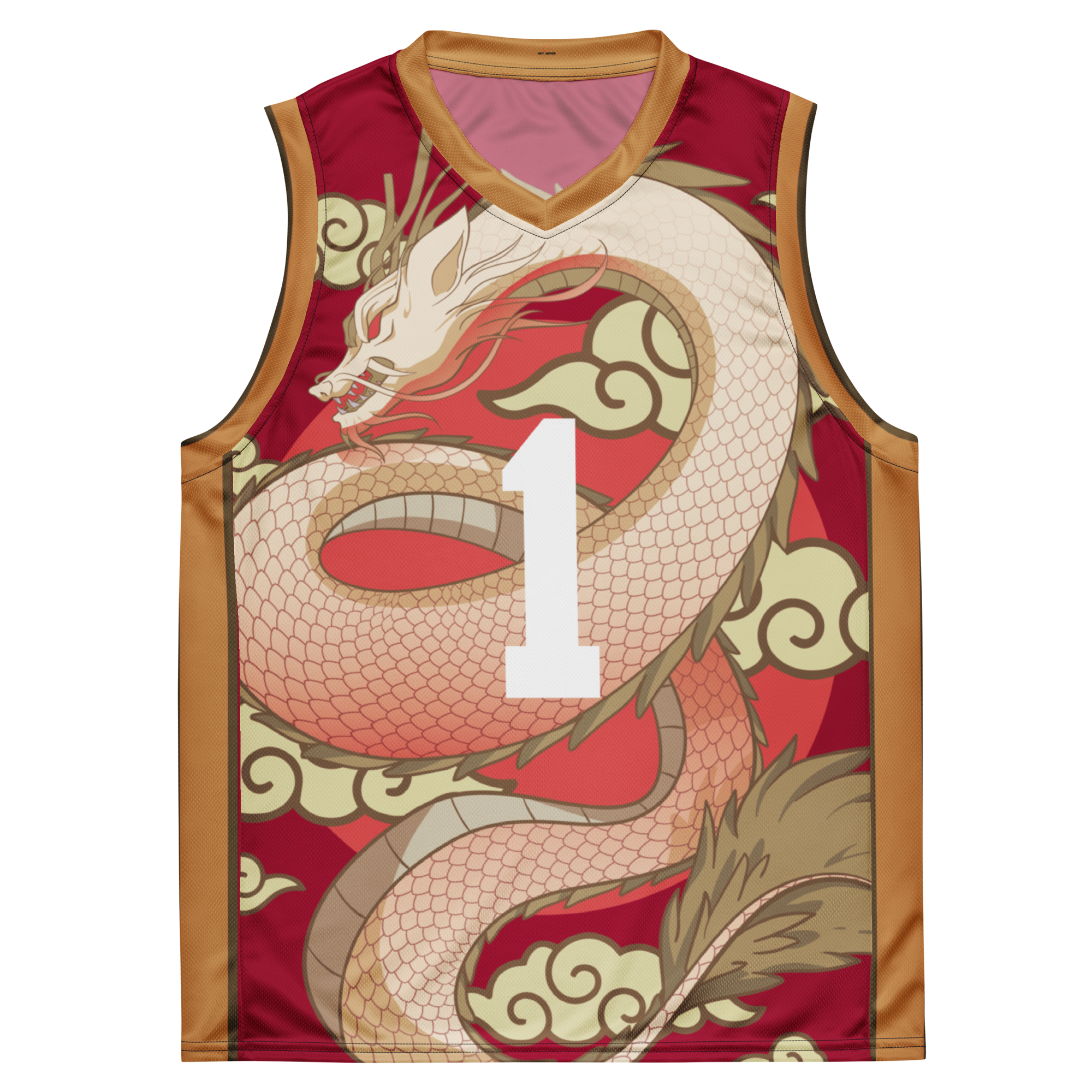











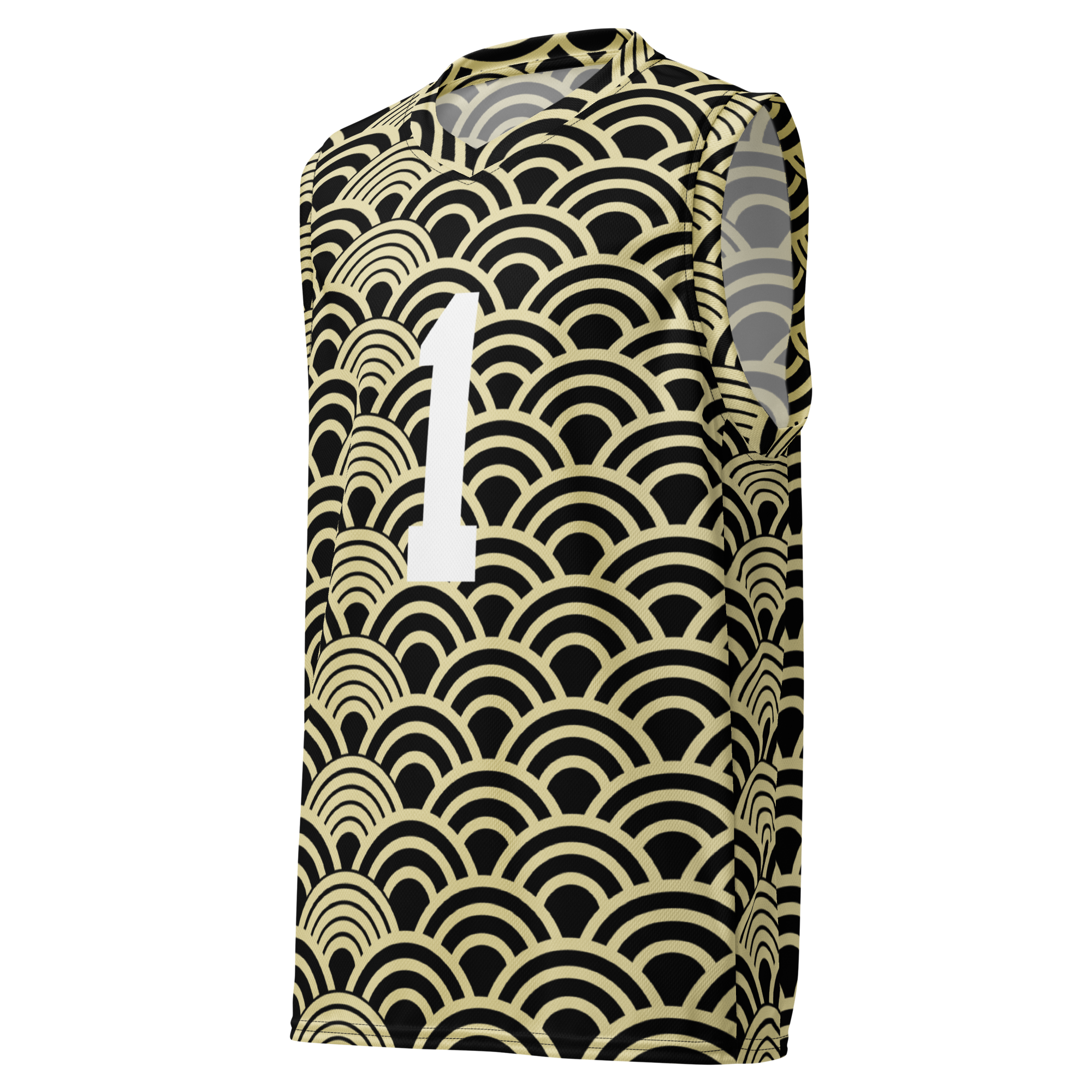
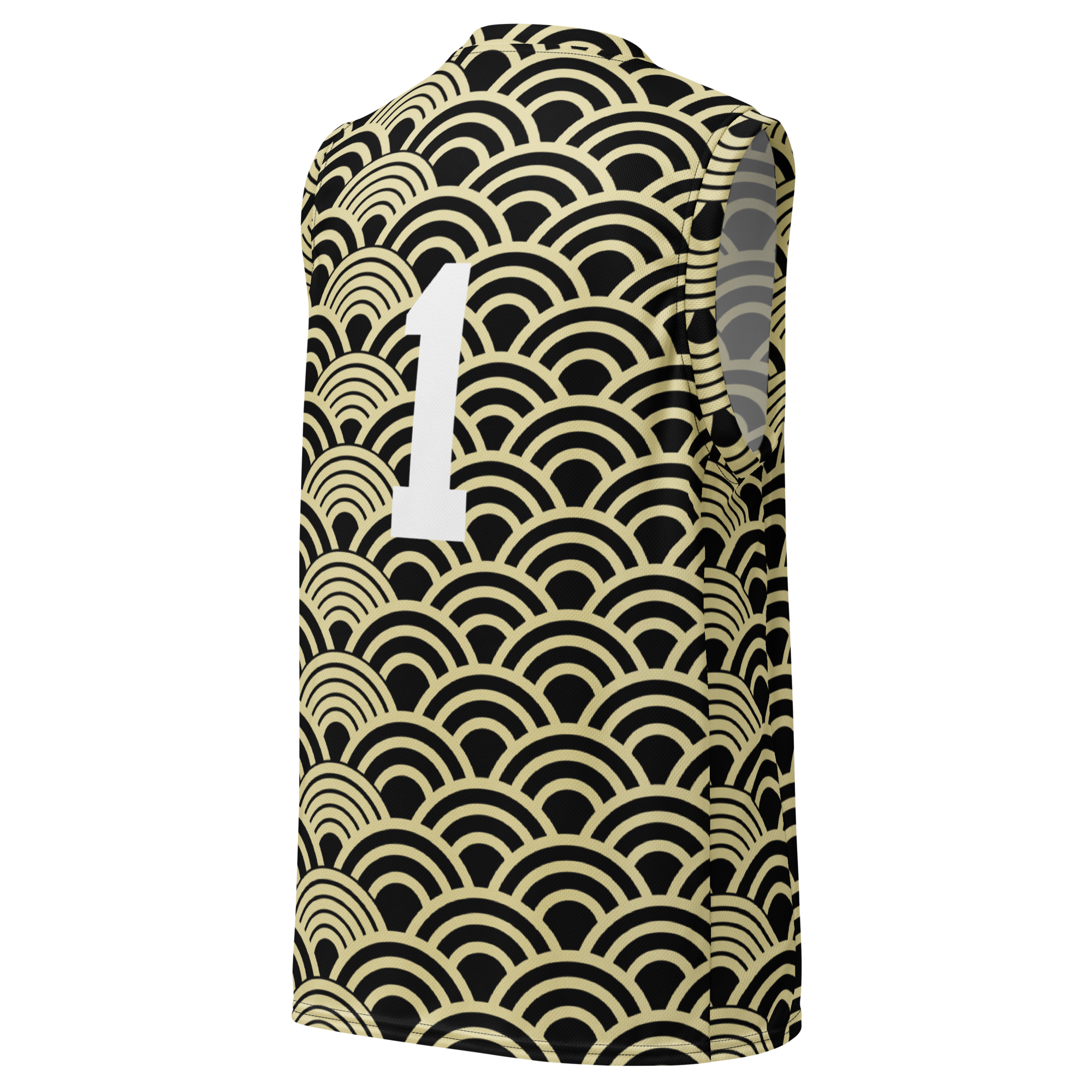
Dejar un comentario